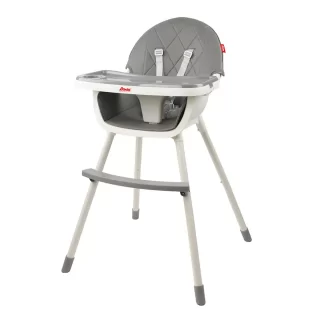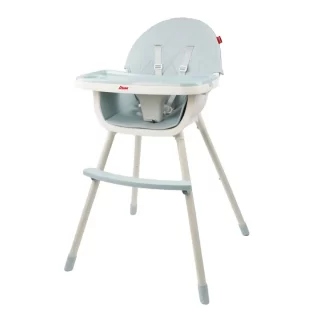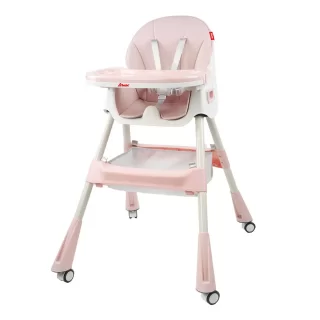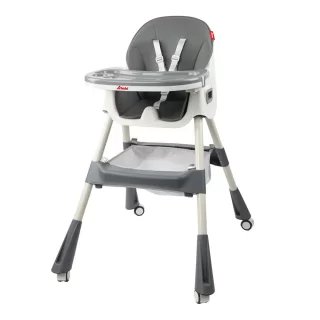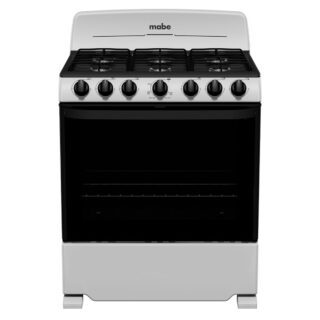From here, we can help you move into transitional living or a sober house right for your best steps New Beginning Recovery forward. Contact us today to learn more about the programs we offer and how we can help you begin the journey to recovery. When you have a strong group of guys who strive for a common goal, sobriety, it is very beneficial. Our sober living takes guys out to eat randomly to bond, or even white water rafting. Every year we do something around Christmas to give back to the community.
- They also help you to develop life skills to help you cope with stressors around you.
- This is also a forum where alumni often visit and give their stories or offer to sponsor a newcomer.
- Recovery Residences are a great way to meet people with a common goal!
- Those who enter these environments have less exposure to triggers — something that causes a person to think about or use drugs and alcohol again.
- Individuals are often responsible for helping with meals, taking care of the home and maintaining relationships.
- However, in a sober home, you work with a professional who helps to keep you focused and provides ongoing relapse prevention education.
There are several types of recovery residences, the most common being a peer-run organization. These are typically located in single-family homes in stable communities whose residents hold each other accountable and promise to not use drugs or alcohol. A monitored location is one step up and has a house manager present who sets rules and procedures and holds individuals accountable. These can be slightly larger and are sometimes in apartment complexes. A sober home or sober living home is a type of location you can live for a period of time after completing rehab. These locations do not provide specific addiction treatment, so you should continue to see your outpatient counselors for this.
Sober Homes
Individuals are often responsible for helping with meals, taking care of the home and maintaining relationships. Our mission is to provide safe, supportive sober living communities for those in recovery. If you are in drug rehab right now or entering it through FHE Health, your goal should be to focus on your current needs. From there, our team will work with you to choose the right type of transitional living for your next step. Furthermore, Stepping Stones connects residents with resources proven to sustain long-term abstinence, often referred to as recovery capital.
Free Rehab Centers
Stepping Stones of Atlanta is also part of Atlanta Resources 4 Recovery which offers scholarships for those seeking treatment. However, most halfway homes have the goal of supporting you to recovery through a structured environment. They offer a higher level of focus on social support, giving you someone to talk to and help you. They also provide the same types of services most sober homes do, such as helping you to make it to 12-step meetings and teaching you life skills.
You need to communicate where you are and what you’re doing so someone knows how to help you if you need it. Trying very hard to avoid temptation to go drink or do whatever I can find. Transitional housing is temporary housing for the working homeless population and is set up to transition their residents to permanent housing.
Stepping Stones: A Comparative Guide to Sober Homes, Transitional Housing and Halfway Houses
This includes job placement, transportation, food support, access to mental health care, and social support with like-minded friends. A supervised residence is yet another option run by a group of people. The individuals managing the location are licensed professionals, though this licensing differs from one area to the next. A final form is a service provider, which is more like an institutional provider. This level of care is higher, though not formally the same thing as an intensive inpatient treatment program.
Last year we handed out over $1,000 dollars in gift cards to the homeless. It’s all about building relationships and connecting with each other. Our sober living is different from other programs because we get to know our clients, and they are not just a «number». Each home has weekly meetings including a house business meeting where practical issues are discussed such as chores and any behavior that is disruptive to the house. Additionally, there are two recovery-oriented meetings including a 12-Step group and a literature study. These recovery meetings are open to all same-sex houses and residents are encouraged to invite their sponsors.
He moved into the new house to guide and support thenew roommates and hired a house manager for the original residence. After you, complete inpatient drug or alcohol rehab, your counselors and medical team will meet with you to discuss what’s next. During this conversation, you may learn about opportunities for transitional living.
It could be a family member, stresses from a job or just a specific memory of an environment. By removing triggers, the individual is able to remain sober longer. We place great emphasis on the concept of group accountability. It is at the core of our model as it both fosters personal responsibility and allows the house to function orderly.


